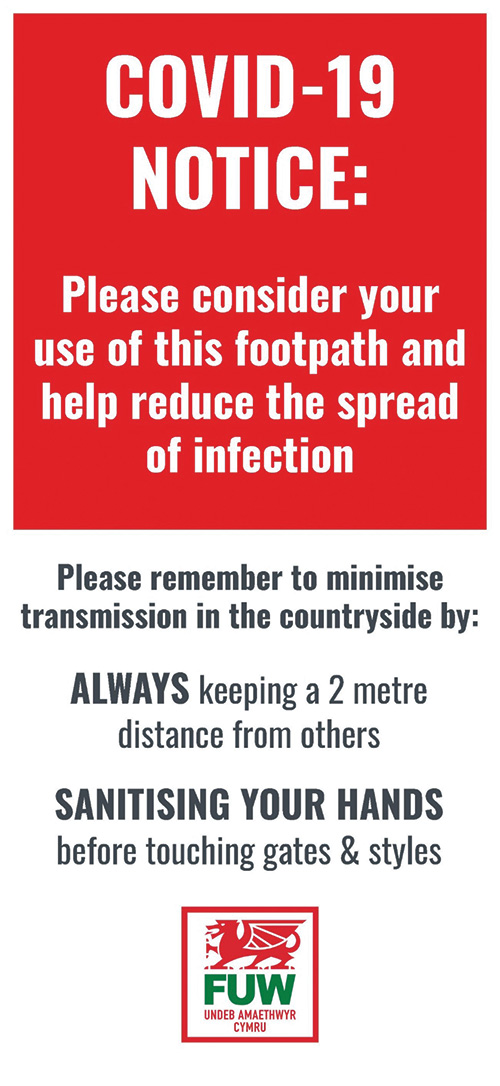Coronavirus: Help needed to counter rural crime surge
More government action is needed to help rural communities deal with some of the side effects of the coronavirus crisis, such as increased crime and more cases of domestic abuse.
In a letter to Defra secretary George Eustice, the National Rural Crime Network (NRCN) says that rural issues are often overlooked in the development if national policies and points to a range of issues that have not so far been addressed by government.
In particular, it says criminals are already capitalising on the fact that police attention is being diverted elsewhere by the coronavirus challenge, with poaching and livestock theft a major concern.
See also: Read all our coronavirus content in one place
The closure of waste and recycling centres is also leading to an increase in waste crime and fly-tipping.
“While this might apply equally to urban and rural areas alike, the difference is that the cost is directly picked up by the landowner in rural cases, impacting them to a much greater degree,” says the letter.
“The closure of these centres needs to be revisited, not least because fly-tipping came as the number-one issue of concern to rural areas in our survey of 20,000 rural people, and it has increased in scale since then.”
Domestic abuse
The NRCN, which represents more than 30 police and crime commissioners along with rural organisations, also highlights an expected increase in domestic abuse cases.
“Again, this affects rural and urban people alike, but our report last year, Captive and Controlled, outlines the additional vulnerability of rural victims,” says the letter.
Family isolation due to coronavirus will significantly increase the rates of domestic abuse, and the NRCN calls for government support to meet urgent accommodation needs.
Footfall
The group also points to the increase in footfall on public rights of way, as more people use the countryside for their daily exercise.
“We don’t necessarily propose they should all be closed, but there should at least an awareness campaign so those using them are aware they are on land of someone who could be self-isolating and consideration of whether their journey across the land is essential.”
It also suggests consideration be given to allowing landowners to temporarily close rights of way if that landowner is being shielded for medical reasons.
Countryside code
The issue of footpaths has also been raised by the Farmers’ Union of Wales (FUW), which says it has received numerous calls from farmers about the public extensively walking across farmland, leaving gates open and letting their dogs run free.
FUW president Glyn Roberts urged the public to follow the countryside code and follow government guidelines on social distancing.
“What the public must remember is that when they use public paths crossing farmland, they are walking through someone’s home and workplace. Many of our farmers fall into the vulnerable category and will be self-isolating while also tending to their livestock.”
The FUW has produced gatepost signs and posters reminding the public of the rules and regulations, which can be downloaded from the website.

Are you covered for fly-tipping?
Rural insurance specialist Lycetts says farmers and landowners need to take all necessary steps to protect their land, liaise closely with neighbours and ensure they have sufficient insurance cover in place should they fall victim to fly-tipping.
“At a time when farmers are working flat-out to feed the nation ahead of the busy harvest months, they can ill-afford to contend with the costly and time-consuming burden of removing waste from their land,” said the firm’s Rupert Wailes-Fairbairn.
With the onus falling on farmers and landowners to dispose of fly-tipped waste on their land, he recommends the following:
- Ensure fields, particularly those which are roadside, are gated and locked where possible
- Fit security lights and cameras at vulnerable locations throughout farms, and at entrance points hidden from view
- Consult with insurance brokers to see what cover is afforded to them in the event of an incident
